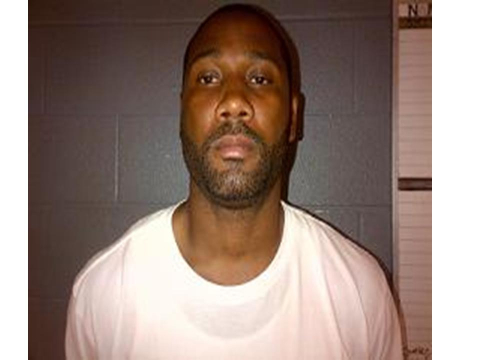
Kenneth Davis
From
(https://www.bostonmagazine.com/articles/2011/03/up-in-smoke-arson-investigations-in-massachusetts/5/)
Then there was the case of Kenny Davis. On Thanksgiving Day in 2003 he was sitting at his parents’ kitchen table in Rockland when police came to the house and arrested him for allegedly setting fire to the Carver home of his on-again, off-again girlfriend Kerryann Smith, who was married to a local police dispatcher. Davis insisted he had merely gone by the house to see Smith after Thanksgiving dinner, and noticed the smoke himself just as Smith was pulling into the driveway. Davis was eventually charged with both arson and breaking and entering.
Again, it was Domingos who’d investigated the scene. In his report, he stated that the fire started in a pile of lumber in the basement and that “[a]ll possible accidental sources of ignition were eliminated and only human intervention could not be eliminated.” Domingos and his team ruled out the electrical system, declaring it was in “good shape.” Meanwhile, an accelerant-sniffing dog hit on a patch of dirt; tests identified a sample of medium petroleum distillate similar to charcoal lighter fluid. Three other samples identified by the dog, however — including one directly under the lumber pile — turned up negative.
In addition, there was clear evidence that the electrical system could be at fault: A wire showed signs of an electrical short directly above the wood pile. “That wire is underneath a shower; you get wires wet, eventually there will be a crack, and if there is anything it can set on fire, it will,” says Gerald Hurst, the Texas investigator who first raised questions about the Willingham case and reviewed the Davis case after trial. “You look at that and say, ‘Can I eliminate the accidental cause? No, I can’t.’”
In the end, Davis was found guilty of arson and sentenced to four years in prison. (He was acquitted of breaking and entering.) Davis and his family blame his lawyer, Jack Atwood, for not sufficiently addressing the faulty-wire evidence in court. Atwood dismisses the criticism: “When a defendant loses, he doesn’t blame anyone other than the defense attorney.”
Whatever happened in the Davis trial, Gretchen Bennett, executive director of the New England Innocence Project, says ineffective counsel is a danger in any case involving very technical forensic evidence, but is of particular concern in arson cases. “Lawyers don’t educate themselves about the science,” she says. Bennett’s is one of the few chapters of the Innocence Project that will look at questionable cases that hinge on scientific evidence other than DNA. Bennett specifically chose arson cases after a report in 2009 by the National Research Council blasted the quality of evidence in those investigations.

